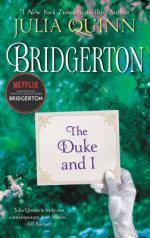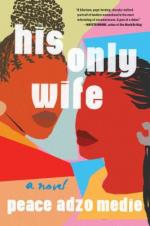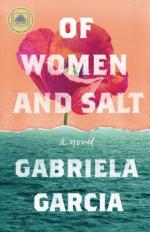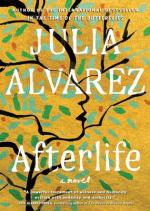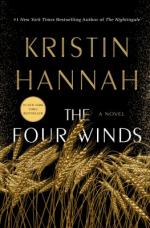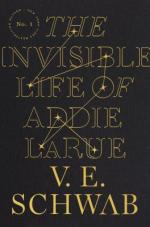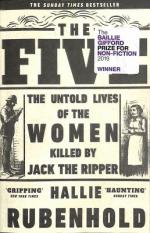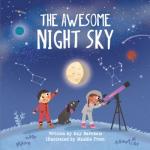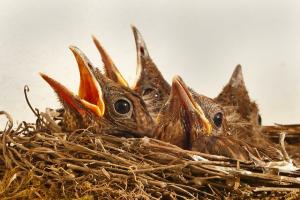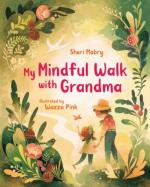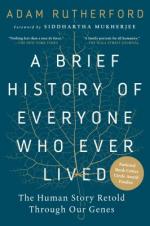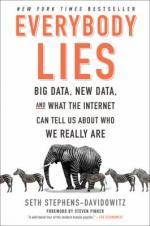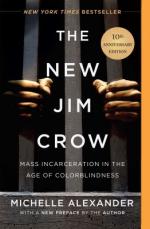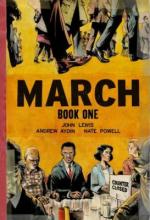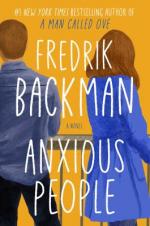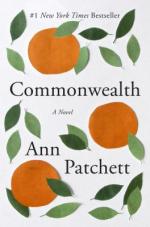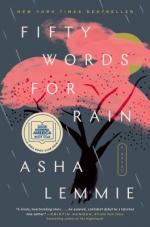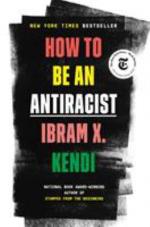In the ballrooms and drawing rooms of Regency London, rules abound. From their earliest days, children of aristocrats learn how to address an earl and curtsey before a prince--while other dictates of the ton are unspoken yet universally understood. A proper duke should be imperious and aloof. A young, marriageable lady should be amiable...but not too amiable. Daphne Bridgerton has always failed at the latter. The fourth of eight siblings in her close-knit family, she has formed friendships with the most eligible young men in London. Everyone likes Daphne for her kindness and wit. But no one truly desires her. She is simply too deuced honest for that, too unwilling to play the romantic games that captivate gentlemen. Amiability is not a characteristic shared by Simon Basset, Duke of Hastings. Recently returned to England from abroad, he intends to shun both marriage and society--just as his callous father shunned Simon throughout his painful childhood. Yet an encounter with his best friend's sister offers another option. If Daphne agrees to a fake courtship, Simon can deter the mamas who parade their daughters before him. Daphne, meanwhile, will see her prospects and her reputation soar. The plan works like a charm--at first. But amid the glittering, gossipy, cut-throat world of London's elite, there is only one certainty: love ignores every rule...
Afi Tekple has her focus on mastering her skills as a seamstress in a small town in Ghana, where she is happy with a simple life. She lives with her widowed mother who one day proposes an arranged marriage to a wealthy man named Elikem Ganyo, who is too busy to attend their eventual wedding and sends his brother in as a stand-in. The Ganyo family convinces Afi that the woman Elikem is currently dating has a wicked hold on him, and marriage to Afi will help bring him back around. After she moves to Accra to live in the flat provided by Elikem, Afi learns that the situation is more complicated than the family initially led on. In her debut novel, Medie writes with a precise rhythm that builds the reader's anticipation. Themes like deception, ambition, love, and values drench the pages with conflict that evolves into an emotional rollercoaster. Essentially, Afi's fight for love leads her down the path of boundary-setting and living life on her own terms.
A sweeping, masterful debut about a daughter's fateful choice, a mother motivated by her own past, and a family legacy that begins in Cuba before either of them were born. In present-day Miami, Jeanette is battling addiction. Daughter of Carmen, a Cuban immigrant, she is determined to learn more about her family history from her reticent mother and makes the snap decision to take in the daughter of a neighbor detained by ICE. Carmen, still wrestling with the trauma of displacement, must process her difficult relationship with her own mother while trying to raise a wayward Jeanette. Steadfast in her quest for understanding, Jeanette travels to Cuba to see her grandmother and reckon with secrets from the past destined to erupt. From 19th-century cigar factories to present-day detention centers, from Cuba to Mexico, Of Women and Salt is a kaleidoscopic portrait of betrayals-personal and political, self-inflicted and those done by others-that have shaped the lives of these extraordinary women. A haunting meditation on the choices of mothers, the legacy of the memories they carry, and the tenacity of women who choose to tell their stories despite those who wish to silence them, this is more than a diaspora story; it is a story of America's most tangled, honest, human roots.
